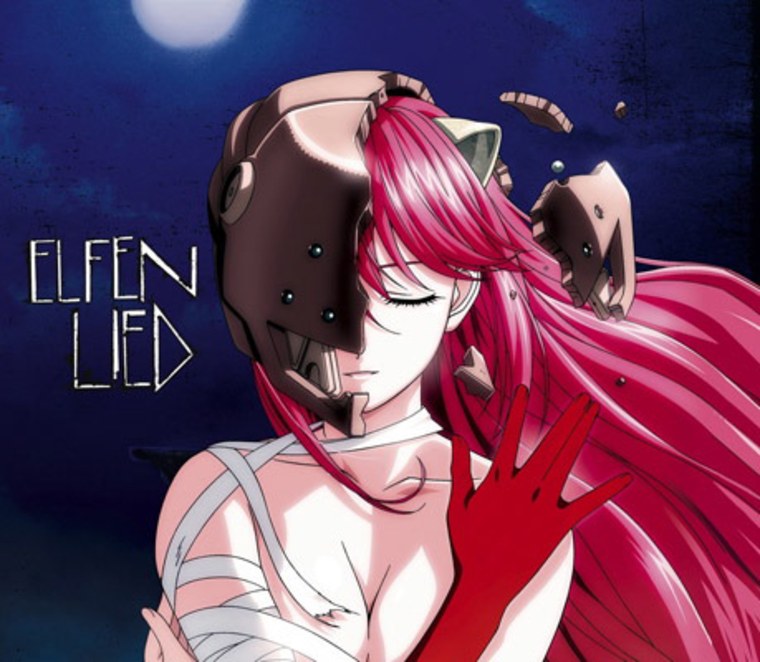If the surreal world of Japanese animation — with its techno-monsters, gory plots, and ultra-cute teenage heroes — has an equivalent of a Cannes Film Festival it's probably the Tokyo International Anime Fair that kicked off this month. Anime-related production houses, global distributors, and fans gather every spring to do deals and catch the latest offerings. There is even a Tokyo Anime Awards show to honor outstanding works.
If this seems over the top for an art form that, more times than not, features Japanese teenage girls in short skirts conquering bad guys, medieval fantasies, science fiction, and other adventures primarily aimed at kids and young adults, you may be missing something. Right now, a global craze has developed for anime film and TV, DVDs, video game content, and all manner of trinkets and toys.
Anime is a multibillion dollar industry and its growing popularity and commercial viability in the U.S., Europe, and Latin America have turned the heads of big global entertainment concerns such as Walt Disney and Time Warner's Cartoon Network. "In the last five to six years, Japan's anime has been enjoying a great deal of popularity in the U.S.," says Akiyuki Tezuka, a spokesperson with the corporate planning division at Tokyo-based Toei Animation.
Toei, Japan's best-known animation studio, featured the TV and film works of such fabled animators as Isao Takahata, Yoichi Kotabe, and Hayao Miyazaki earlier in their careers. Miyazaki later established his own studio, and his 2001 animated feature film Spirited Away broke box office records and won a 2002 Academy Award in the animation category.
This decade, demand for Japanese anime in the U.S. has climbed off the charts, according to John Ledford, president and chief executive officer of A.D. Vision, a Houston-based publisher and distributor of Japanese anime content. He's also the owner of the Anime Network, the first U.S. cable network dedicated to the genre, which reaches 40 million households.
Ledford, who co-founded the company in the early 1990s, was a huge fan of the 1960s-era Japanese anime show Speed Racer (known as Mach Go, Go, Go back then in Japan) as well as imported Japanese video games a while later. Early last decade, he started licensing and distributing Japanese animated works and found what he thought could be a lucrative business opportunity.
Going Hollywood
Anime has emerged from being "an underground movement at colleges and universities into something that now interests the big studios," Ledford explained, while in Tokyo ahead of the international anime fair. The Pokémon character franchise created by Satoshi Tajiri and owned by video game concern Nintendo in the mid-1990s was a real breakthrough, he contends. It spawned a wave of money-spinning manga comic books, toys, and video games, and underscored the commercial potential of anime.
Big-time Hollywood studios have also taken an interest in Japanese anime. Academy Award-winning director, producer, and screenwriter James Cameron has expressed interest in producing a film adaptation of the Japanese manga series called Battle Angel Alita.
The Anime Network offers edgier anime works than the Cartoon Network, where anime is a minority portion of the overall programming. "We have more blood splatter," says Ledford, noting that his networks fans tend to be avid PlayStation 3 and Wii video game players as well.
Mobile play soon
Among the more popular offerings on the Anime Network is Elfen Lied about mutants with telekinetic powers that dismember — and blow up the brains of — humans. Another favorite is Guyver, a long-running manga series created by Yoshiki Takaya that stars two teenage boys and a menacing bunch of techno-organisms that cause trouble.
Anime also soon could be distributed via mobile handsets, according to Ledford. Late last year, A.D. Vision cinched a tie-up with U.S. carrier Sprint Nextel to download anime trailers. Next up could be several-minute segments of anime episodes.
Whether the global appetite for Japanese anime will continue is anyone's guess. But right now, global entertainment concerns and other businesses are casting a covetous eye at this Japanese popular art form.
